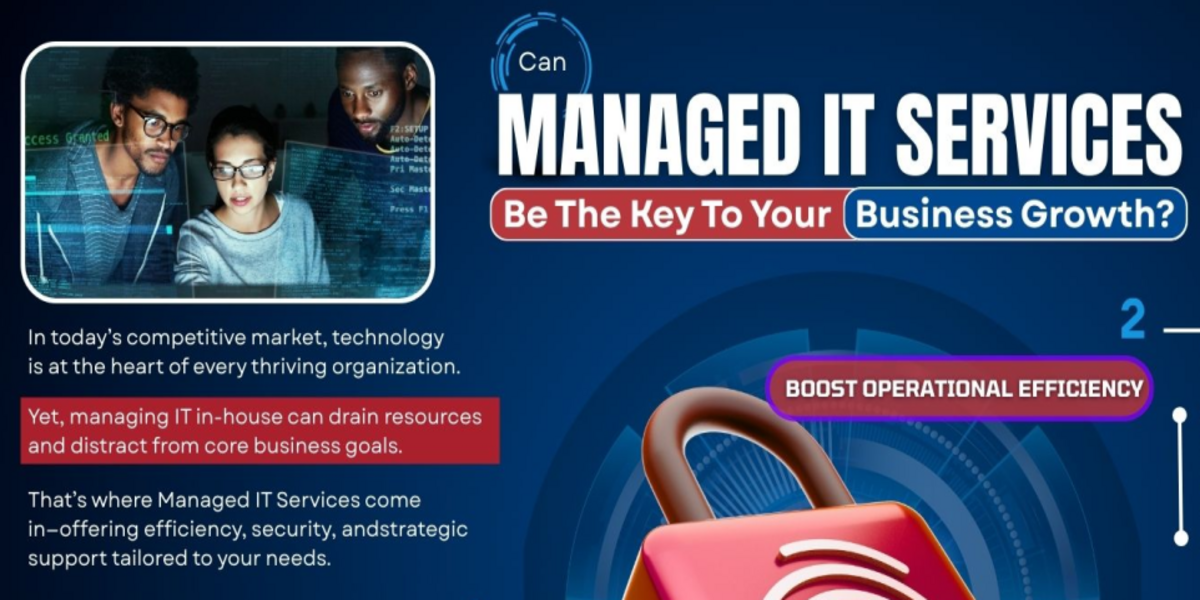The procurement quality and efficiency of a company heavily rely on the network of suppliers it works with. No matter how good is its in-house team and procurement setup, an organization can’t drive competitive advantage from its procurement activity as long as it doesn’t maintain winning supplier relationship management practices. It won’t be wrong to say that your procurement is only as good as your supplier management level.
Many organizations have succeeded in going global and becoming industry leaders by focusing on supplier relationship management. Establishing and improving an effective supplier relationship management is a tricky process involving many activities and processes.
This article will cover all those areas where you need to work to improve supplier relationship management. We will also discuss the role of a dedicated supplier relationship management in taking care of all these measures.
Why Is Supplier Relationship Management Important?
Before we start discussing how to improve supplier relationship management, it is imperative to know its importance. If you have to convince a boardroom for the deployment of supplier relationship management software, you should know why you need it in the first place. There are many factors that make supplier management a critical aspect of modern businesses.
To begin with, good supplier relationship management is essential for a supply chain to work like a well-oiled machine. When an organization is in synergy with all its suppliers, there are fewer chances of any supply lapse. A supply chain that can continue to work without unexpected splits and stoppages helps an enterprise stand out among competitors.
Moreover, dedicated supplier relationship management helps you lower down the cost of your procurements. When you have long-term strategic partnerships with suppliers, you eventually manage to get your supply at lower costs. This again is a business advantage that can assist an organization in improving its bottom line.
1. Ensure Effective Communication
There is no way you can establish good supplier relationships if your communication with them is not strong. Many organizations have a purpose-driven relationship with their suppliers where they often communicate only through purchase orders and bids. This nonexistent communication between an organization and its suppliers is not meant for winning long-term partnerships.
When there is no dedicated communication between your organization and the suppliers, you can’t know why a certain supplier is not making bids anymore. Similarly, the robotic correspondence limited to contracts, signings, quotations, and POs don’t give you much room for persuasion. It is a tall order to negotiate with a supplier with whom you don’t have any prior in-person communication.
Therefore, you need to make sure that your procurement department interacts with suppliers outside of official paperwork. There should be a hotline/dedicated desk that handles supplier communication. Turning third-party suppliers into business affiliates through two-way and transparent communication is a win for any business.
2. Pen a Well-Thought-Out Contract/Agreement
Often, the relationship between a supplier and a company turns sour due to misunderstood or poorly composed contracts. Usually, both suppliers and buyers are to be blamed for having a falling-out based on contracts. They usually ink a half-baked contract without thinking through all the terms, responsibilities, and liabilities.
But when things go south, and the contract comes into play, they start fighting. If you are on to establish good supplier relationship management practices, you need to revise your vendor contracts. A well-thought-out contract addresses all possible issues and conflicts that can unfold in any situation without using fine print. Moreover, your procurement team also has to ensure that a supplier signing the contract is fully aware of the things they are signing up for.
You need to practice the same diligence if your organization is inking any document/agreement put forward by a supplier. This mutual diligence with contracts makes the foundation of good supplier management relationship management.
3. Identify Strategic Suppliers and Take Special Care of Them
Identifying strategic suppliers is one of the prerequisites of proactive supplier relationship management. A Strategic supplier is different from those vendor groups you manage to work with online auctions and boilerplate correspondence. Strategic suppliers are long-term business partners of an enterprise that offer it some unique proposition.
You need to identify those strategic vendors. Supplier relationship management software can come in really useful in this identification. The extensive vendor data available on the platform provides insight to separate the most crucial suppliers from the rest of the vendors.
A strategic relationship between a supplier and a buyer involves reciprocity. Therefore, after identifying strategic suppliers, you also need to ensure that your procurement team treats them accordingly. Making a strategic supplier realize its exclusive status is imperative for reaping any business benefits from that strategic association.
4. Promptly Address Roadblocks
You need to have a proactive attitude to resolve anything that hinders your transaction with suppliers. Whether it is poor communication between sales departments or a faulty procurement management system, you need to address all the roadblocks as they happen. If suppliers make any complaints, your team must look into them immediately and resolve them with a quick turnaround.
5. Focus on Timely Payments
Just as you want suppliers to deliver on time, they expect you to make payments within pre-agreed deadlines. Late payments are quite common in the procurement landscape. However, it is not a good practice because it never lets a healthy relationship flourish between the supplier and buyer. If you are looking for an amiable, long-term supplier-buyer partnership, you need to be punctual with your payments.
6. Use a Supplier Relationship Management Software
Supplier relationship management software is at the core of many of the above-discussed measures. If you need to streamline your supplier management, the use of a relevant software application is inevitable. SimplyPurchasing is one such procurement and vendor management software that you can use to improve your relationship with suppliers. Its contract generation, payment tracking, and vendor collaborating features can help improve supplier relationship management.

Microsys is the developer and sole proprietor of SimplyPurchasing software. The firm is a seasoned and cost-effective IT support service provider for SMEs. Microsys is committed to providing superior network, computer, and business application support services to Canada’s corporate sector.



